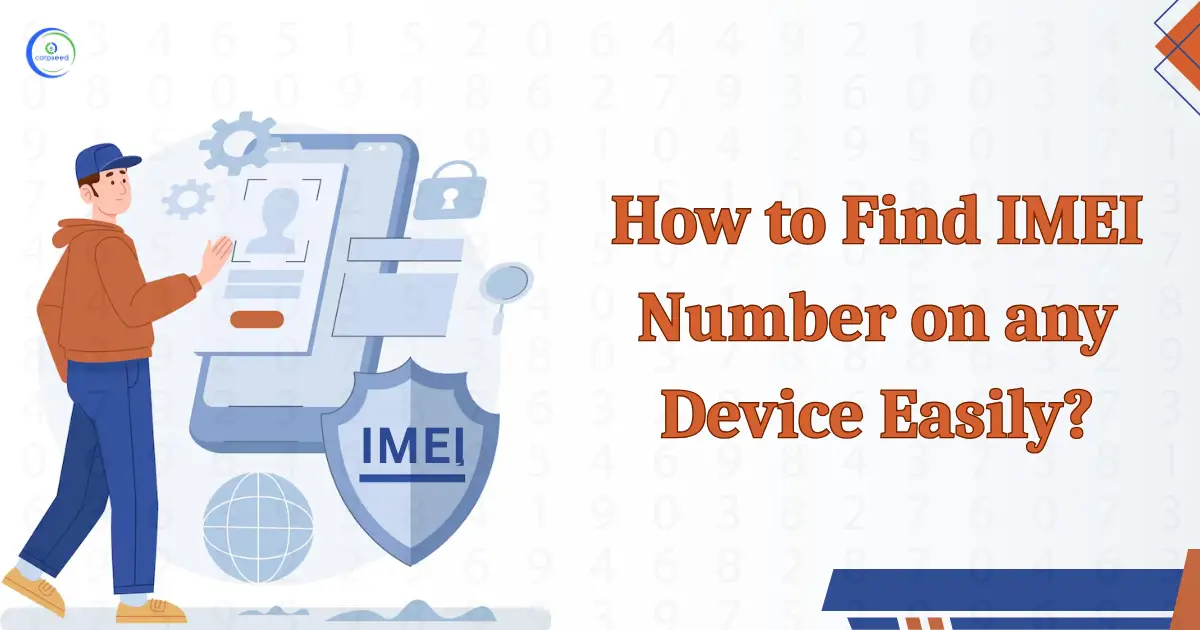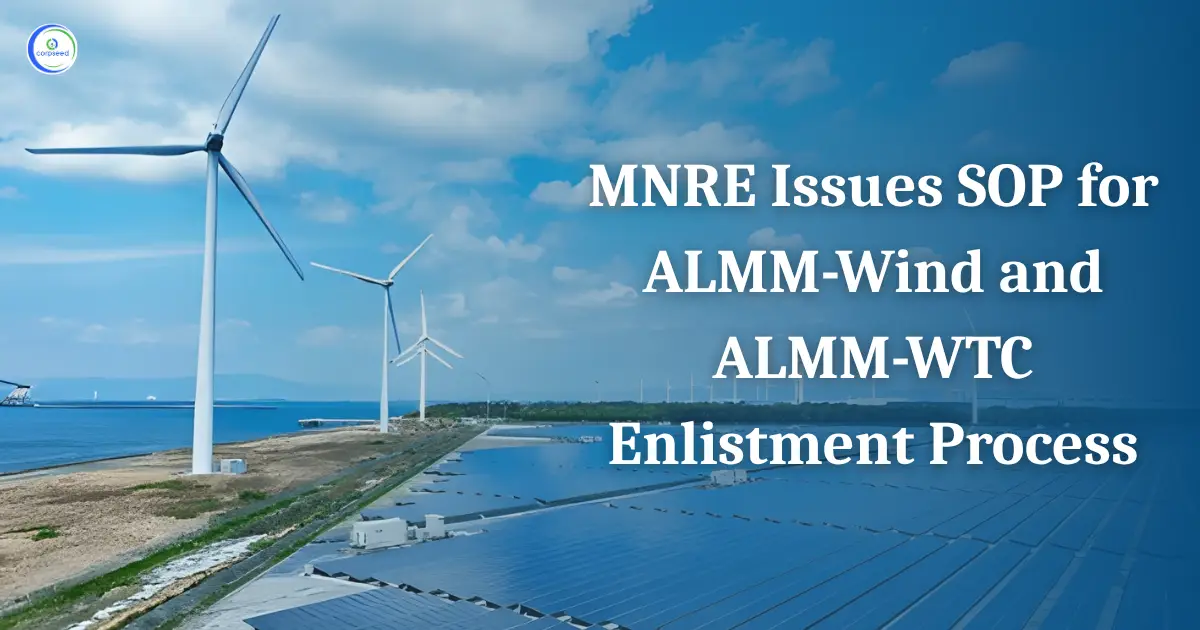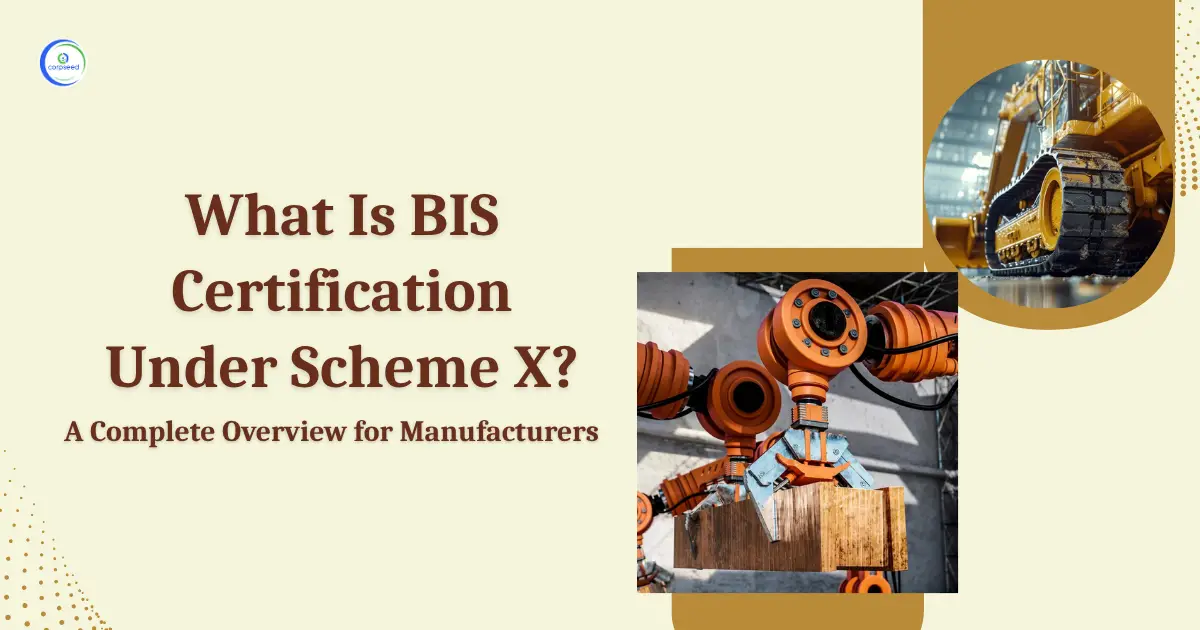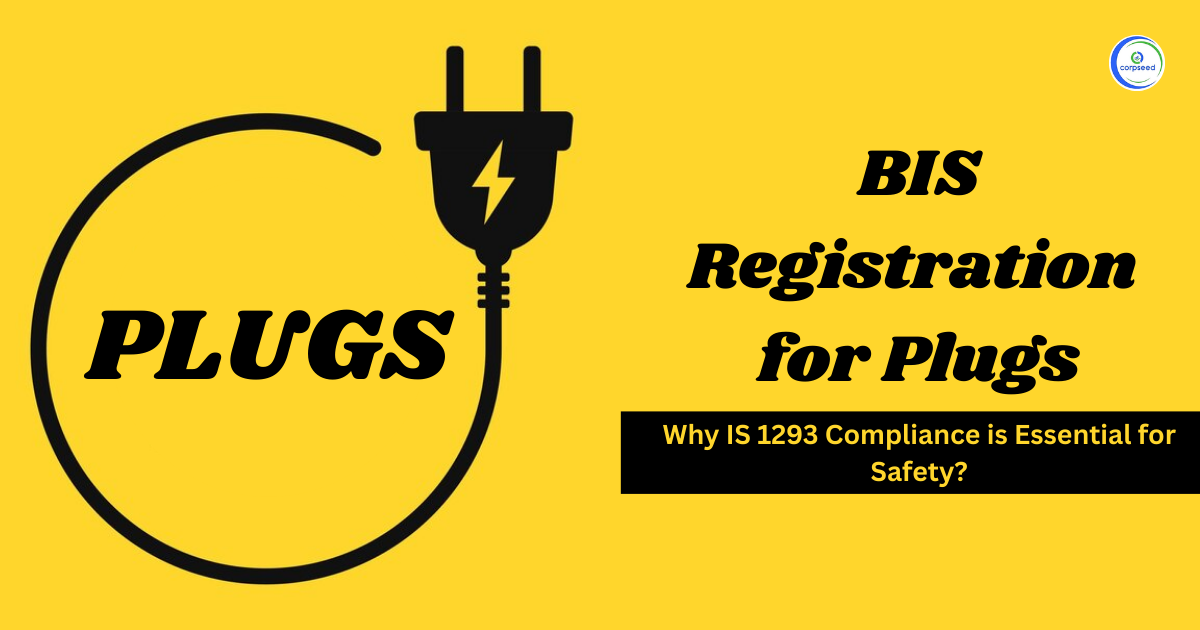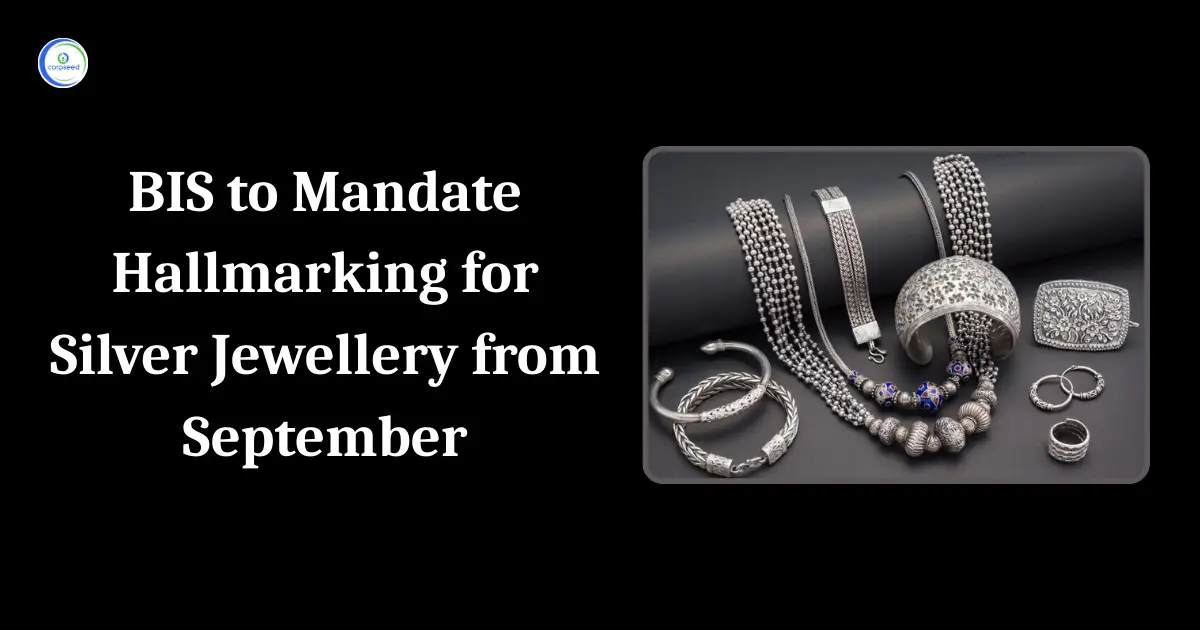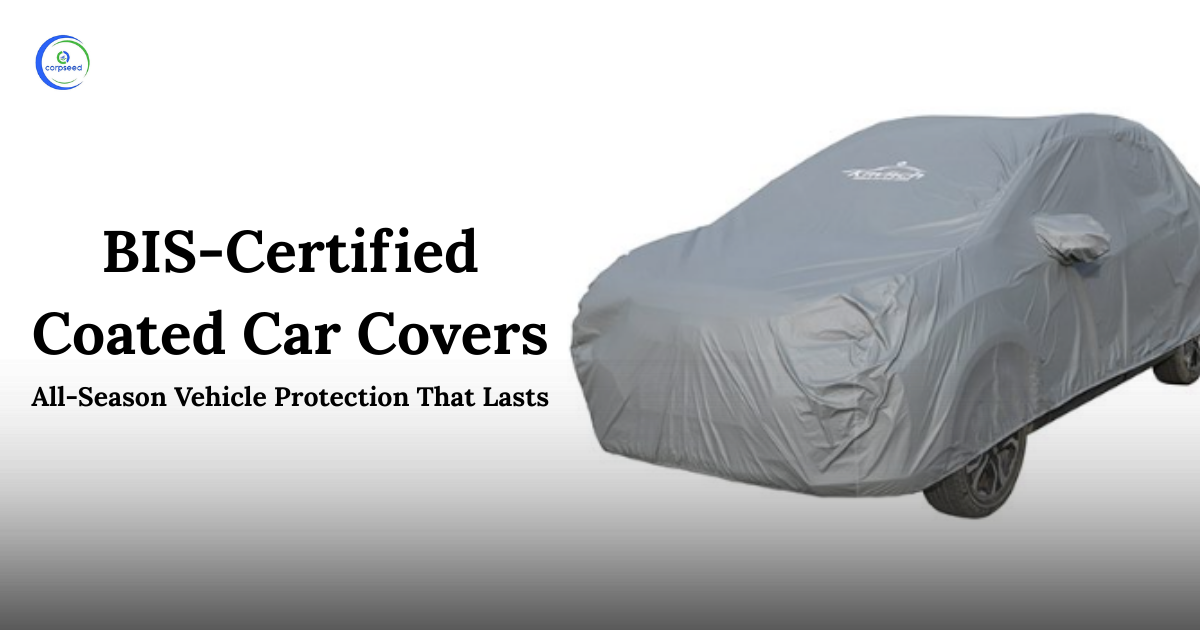A Brief Introduction of Television:

Table of Contents
--------------Blog Contact Form-------------
The Bureau of Indian Standard released an official gazette notification stating the requirement of compulsory registration for the said product category under scheme II. Any manufacturer around the globe including India, wishes to manufacture a television, have to get themselves registered with the compulsory registration scheme of BIS. Without a valid BIS license, no manufacturer can sell or trade its equipment in India.
Bureau of Indian Standard Compulsory Registration Scheme (BIS CRS):
In 2012 Compulsory Registration Scheme (CRS) was introduced by the Department of Electronics and Information Technology (DeitY) now called Ministry of Electronics and Information Technology (MeitY) along with Bureau of Indian Standards (BIS). Under this scheme it is mandatory for manufacturers to get their products registered before launching them in the Indian market.
BIS Registration is essential for all the electronic products which are listed in Compulsory Registration Scheme (CRS). All manufacturers’ regardless (foreign or Indian) need to apply for this registration to Import the product in India or for doing sales into the Indian market. In India, the Department of Electronics and Information Technology needs the obligatory certificate for 77 electronic products such as audio and video, IT equipment, mobile phones, smart card readers, and other similar gadgets. Hence, every foreign manufacturer of these products is required to obtain a BIS license to export products in India. Consequently, if the foreign manufacturer operates in the Indian market without the BIS license, the manufacturer would be penalized under the BIS Act.
A BIS registration certificate is granted to a manufacturer ‘A’ of that particular product ‘B’ being manufactured at site ‘C’ under brand ‘D’. In case any of the 4 factors change, a new application for BIS certificate is to be applied with BIS. The four important factors for BIS registration are
1. Manufacturer: The BIS license is only granted to the manufacturer of the applied product. The importer, trader, retailer etc. are not eligible for the license. However they can act as their representative in India if the manufacturer doesn't have their liasioning office in India. But the license is issued in the name of the manufacturer only.
2. Manufacturer Address: The license is granted to the manufacturer for a particular site address. In case the address of the manufacturer changes, a new license is to be applied for.
Or in case the manufacturer has one or more manufacturing addresses for the manufacturing of the same device, separate licenses are applied with BIS.
3. Product Category: If a manufacturer is manufacturing more than one product then he has to apply a separate license application for each product category. For example, a manufacturer who is manufacturing mobile phones and adapters both, have to file 2 separate applications with BIS.
4. Brand: A manufacturer/OEM who is manufacturing the same product for more than one brand has to apply for a separate license with BIS. For example if a manufacturer is manufacturing batteries for brand ‘A’ and Brand ‘B’ has to apply for two separate licenses with the department.
BIS Registration Process:
The BIS CRS registration scheme is majorly categorized in 6 steps. The process starts from the nomination of AIR if the foreign manufacturer does not have their liaison office in India. In that case the AIR can be the Importer, Trader or Indian subsidiary of the manufacturer. However, in case of domestic manufacturer’s, the manufacturer itself can act as an AIR.
Once the AIR is nominated for the manufacturer, the manufacturer needs to register himself with the department. This process is also known as ‘know the manufacturer process’. Post portal approval the testing and application submission is to be done for the certification process. The submitted application is scrutinized by the department officials to rectify any errors. In case of no errors, BIS grants the final license to the applicant along with the eight digit R number.
The entire process of BIS registration takes 4-5 weeks in which testing, documentation and department scrutiny is involved.
Below mentioned figure depicts a brief lifecycle of the BIS application.
Documents Required for BIS Registration:
The document set of BIS CRS registration requires testing documents, brand documents, factory documents, authorization documents and all India representative documents.
Also, the test reported generated by the BIS recognized test LAB will also be required to be submitted along with the grant application.
All the documents must be prepared in the prescribed format published by Bureau of Indian Standard and signed stamped by respective signatories.
Below mentioned is the list of all the major documents required for applying fresh application with the bureau.
This portion of the site is for informational purposes only. The content is not legal advice. The statements and opinions are the expression of author, not corpseed, and have not been evaluated by corpseed for accuracy, completeness, or changes in the law.
BOOK A FREE CONSULTATION
Get help from an experienced legal adviser. Schedule your consultation at a time that works for you and it's absolutely FREE.







